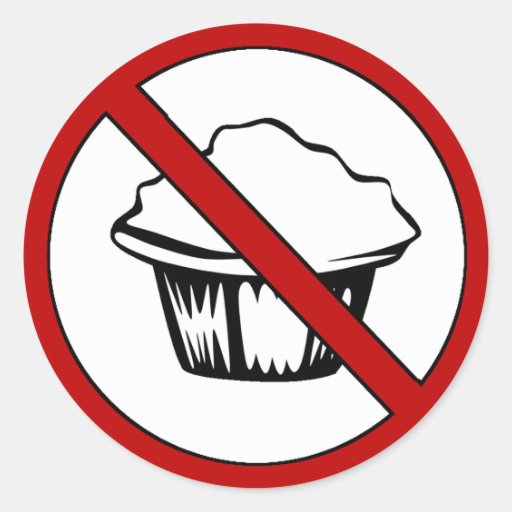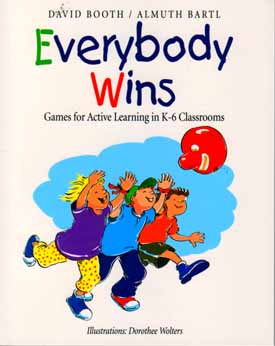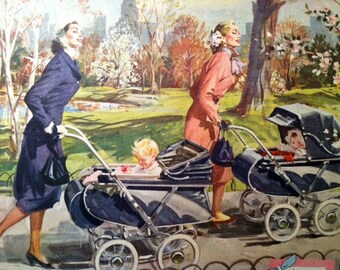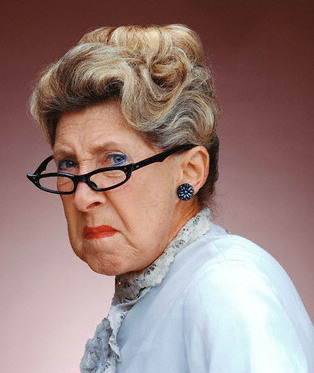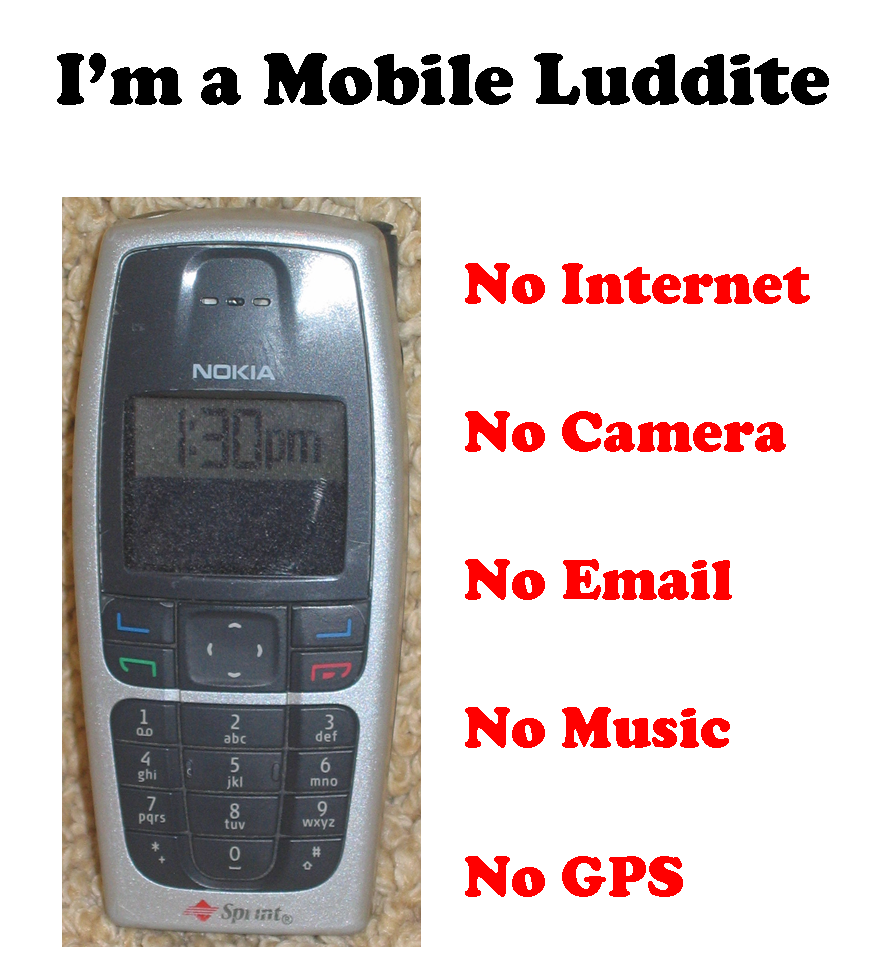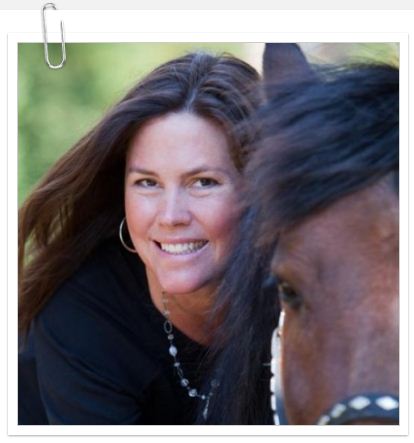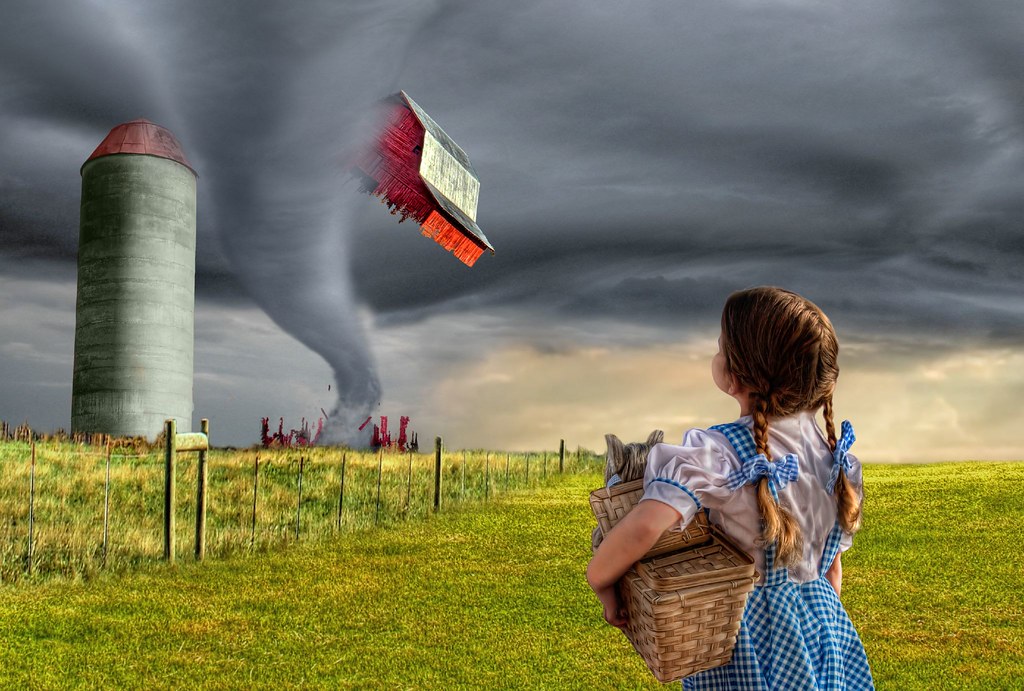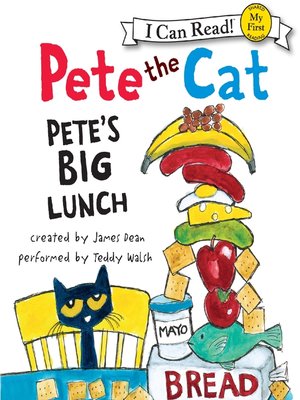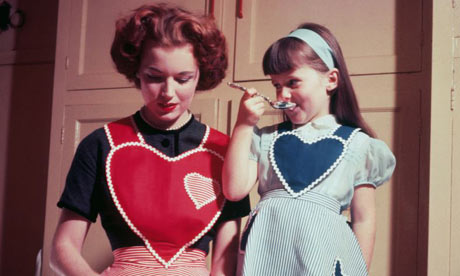Having it all. Sounds good, doesn't it? But what does "all" mean?
Well, it means that a woman tackles a successful career, meets male version of herself who has an equally successful career. Then they establish an egalitarian household where they split laundry and dinner duty, and have two children at perfectly scheduled intervals.
That does sound like "all." But it's not my "all."
My "all" is different, and so is yours, I'm guessing. Except the only "all" we hear about is the above one.
She then jumps to Sheryl Sandberg and her premise of having it "all," which echoes the above scenario. But, Ephron points out, Sandberg's "all" differs by individual, situation, choices, even by society.
For instance, in my case, I seem to take after an ancestral quirk in that I occasionally believe that I must be deathly ill, but no way would I actually go to a doctor. In that time span, my "all" is simple, beautiful, august, life. Grant me that, O Lord, and I shall never bother Thee again, I pray. Then it turns out that the malady was caused by my own overwrought nerves expecting the worst.
Well then. My "all" is now health, and tripping over an eligible bachelor who is witty, confident, learned, and employed in the manner which I have become accustomed. Oh, and can his mother be reasonable? How about flat-out lovely? Could he not have younger siblings that I have to humor? While I have You, I am in dire need of chic winter boots . . .
My "all" changes, based on my own choices. "All" can be big, or it can be small.
On top of that, we don't even know what we want.
Never underestimate the power of high school. It’s the identity everyone
wants to live down, the approval everyone aspires to. Being able to
check the boxes — marriage, children, career — is more important at a
high school reunion than anywhere else, which is why I think that high
school, not feminism, is the reason an idea of happiness got framed this
way. It instantly creates the social world of high school: haves,
have-nots, wannabes and freaks. Freaks are those who aspire to other
versions of life, who want to march to their own tune. Thanks to this
definition of success, they will always be freaks.
My friend Molly graduated from high school in 2003, and keeps bumping
into her classmates on Facebook, even those she hasn’t spoken to since
high school. Daily she is bombarded by photos and news of the
have-it-alls. She keeps redefining what she wants, she says, by seeing
what everyone else has.
Getting away from high school is supposed to free you from the pressure
to conform. But now that there’s no getting away, high school is
forever. Perhaps Sheryl Sandberg is not Queen Have-It-All. She is Prom
Queen Have-It-All.
What do we want? What the popular Shprintzy in high school has, which is the fast-paced, glittering career? Is the only man worth having is one who knows how to competently fold clean t-shirts? Better yet, is that the man you really want?
Before one can have it "all," one must actually figure out what one's "all" is.
Ephron notes that having it "all" relies on living in the moment, reveling in small pleasures, as opposed to the gradiose. That's why she loves bakeries.
To me, having it all — if one wants to define it at all — is the magical
time when what you want and what you have match up. Like an eclipse . . . This eclipse never
lasts more than seven minutes and 31 seconds.
. . . Having it all are moments in life when
you suspend judgment. It’s when I attain that elusive thing called peace
of mind.
Not particularly American, unquantifiable, unidentifiable, different for everyone, but you know it when you have it.
When I can't wait to go to bed because I have found a perfect book, that is an "all." When it occurs to me look up at the sky on a clear night and see the stars in their timeless glory. When a niece throws her arms around my waist and squeezes the stuffing out of me. When she goes to sleep without a fuss ten minutes later and the house is quiet, leaving me and the aforementioned book.
Sandberg, your "all" ain't my "all."


